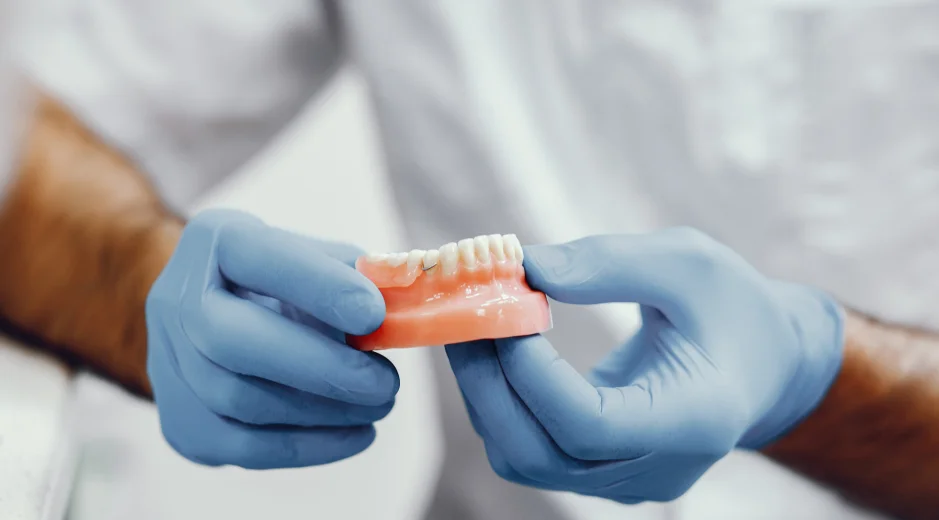
Removable Dentures
Removable dentures are an effective and affordable solution for individuals who have lost some or all of their teeth. They restore not only the ability to chew and speak properly but also improve facial aesthetics and boost self-confidence. If you are considering dentures, this guide will provide you with essential information about their types, benefits, care, and frequently asked questions.
What Are Removable Dentures?
Removable dentures are artificial teeth designed to replace missing natural teeth. They are custom-made to fit comfortably in the mouth and can be taken out for cleaning and maintenance. Unlike fixed prosthetics, such as dental implants or bridges, removable dentures provide flexibility and affordability while still offering functional and aesthetic benefits.
Types of Removable Dentures
There are two primary types of removable dentures:
- Complete Dentures – These are used when all teeth in the upper or lower jaw are missing. They rest on the gums and are typically made from acrylic resin or a combination of acrylic and metal for durability.
- Partial Dentures – These are designed for patients who still have some natural teeth remaining. Partial dentures attach to the existing teeth using clasps or precision attachments, preventing the remaining teeth from shifting.
Benefits of Removable Dentures
Removable dentures offer numerous advantages, including:
- Improved Aesthetics: They restore the natural appearance of the smile and prevent facial sagging caused by missing teeth.
- Enhanced Chewing and Speech: Dentures help restore the ability to chew various foods and improve speech clarity.
- Non-Invasive Solution: Unlike dental implants, dentures do not require surgical procedures.
- Affordability: Compared to other tooth replacement options, removable dentures are more cost-effective.
- Customization: They are tailored to match the shape, size, and color of natural teeth, providing a natural look.
Caring for Your Dentures
Proper maintenance is crucial to prolong the lifespan of your dentures and ensure oral health. Here are some essential care tips:
- Daily Cleaning: Remove and clean your dentures with a soft toothbrush and mild denture cleanser. Avoid using regular toothpaste, as it may be too abrasive.
- Soaking Overnight: Keep dentures in a denture solution or water overnight to maintain their shape and prevent drying.
- Gum and Oral Hygiene: Clean your gums, tongue, and remaining teeth (if any) daily to prevent infections and bad breath.
- Regular Dental Check-Ups: Visit your dentist for routine adjustments and professional cleaning.
- Handle with Care: Dentures can break if dropped, so always handle them over a soft towel or water-filled sink.
Common Challenges and Solutions
While removable dentures are an excellent option for many, they may come with an adjustment period. Here are some common challenges and how to overcome them:
- Initial Discomfort: It may take a few weeks for your mouth to adapt to dentures. If soreness persists, consult your dentist for adjustments.
- Difficulty Speaking: Practice speaking out loud to get used to the feel of dentures.
- Looseness: Over time, gums and bones may change shape, causing dentures to become loose. Relining or replacement may be needed.
- Eating Challenges: Start with soft foods and gradually introduce harder foods as you adjust.
Are Removable Dentures Right for You?
Removable dentures are suitable for most individuals with missing teeth, but they may not be the best choice for everyone. Factors such as bone structure, gum health, and personal preferences should be considered. If you seek a more permanent solution, options like dental implants might be worth exploring.
Final Thoughts
Removable dentures provide a practical, non-invasive, and cost-effective way to restore oral function and aesthetics. With proper care and regular dental visits, they can offer a comfortable and long-lasting solution. If you are considering dentures, consult your dentist to determine the best option for your needs.
By understanding the benefits, types, and maintenance of removable dentures, you can make an informed decision and enjoy a confident, healthy smile.



